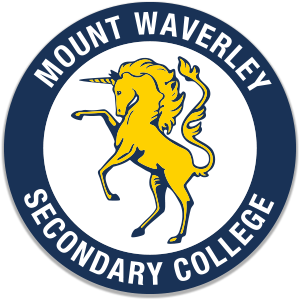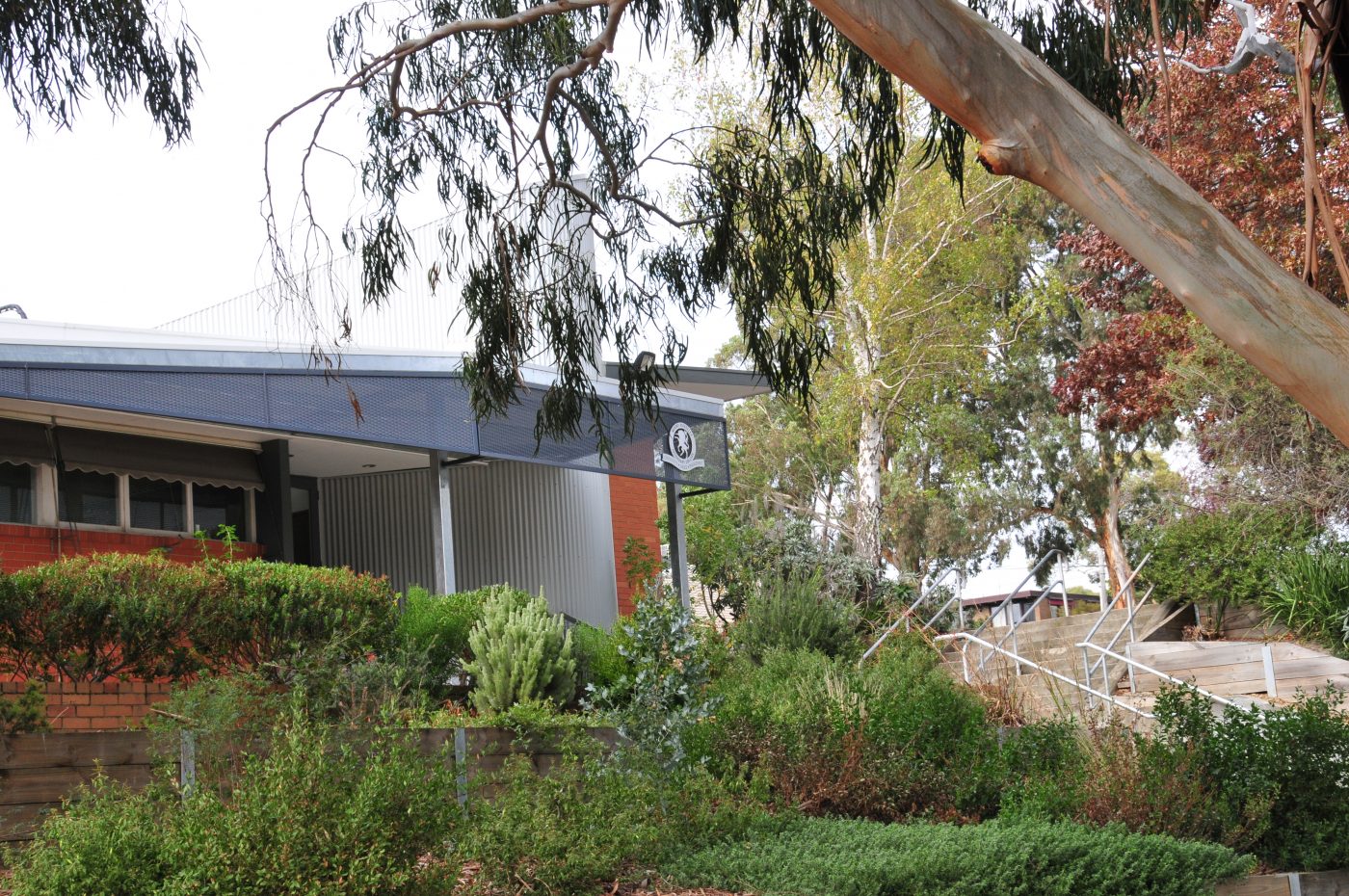School Assessed Coursework (SACs)
Students completing the VCE ATAR pathway will have started their assessment tasks. A SAC calendar has been shared with students and parents/carers to support students with planning and preparing for these tasks. There are strict requirements regarding attendance and procedures for these tasks that students and teachers must follow which was explained as part of our Senior School Information Night, as well via announcements sent out via Compass.
Tips and strategies to support your child in VCE
The jump into VCE is always a big one and at times students and their families can feel overwhelmed and anxious. Please ensure that your child talks to their teacher if they are having difficulties with the work or the Year Level Coordinators if they are struggling with the demands of VCE.
Some of the top tips to assist in VCE success include:
- Create a study timetable and stick to it (for Year 12 students this should be 3 to 4 hours a night)
- Find a place to study and set it up
- Don’t study with a mobile phone or devices – they can be a distraction
- Practice applying your knowledge – not just remembering it
- Use mind maps, tables and graphic organisers to summarise the main points
- Use the expertise of teachers – they are always happy to assist you
- Keep a good work/life balance – make sure you get enough sleep, exercise and social time. If you have a part time job, be mindful of spending too much time working at the expense of study time.
- Study time includes revision of work covered, not just homework.
- Make sure that you regularly complete homework and revise.
The Year Level Coordinators are here to support your child. Please encourage your child to see them if they are struggling with getting on top of their study.
Communication at the college
Supporting senior students through their chosen VCE pathway is a team effort and requires a partnership between the college, students and parents.
While our staff make every effort to respond to parents in a timely manner it can sometimes be difficult given the size of our school community. All staff, including those in Subschool, have a teaching allotment and may not always be available via phone. Email is usually the best way to reach our staff, or a phone message can be left if necessary.
Compass is used as our primary method of communication with parents/carers. Please check this regularly and ensure your email address and other details are up to date. Compass is used to report on student progress for CATs and SACs, provide information about attendance, notifications regarding excursions and other upcoming events at the college.
Community expectations
We have received a handful of reports recently of some of our students not upholding all of our school values on their way to and from school. We ask that all parents/carers take the time to discuss with their child/ren the importance of respect for property, safe crossing of the roads, and appropriate conduct on public transport.
Student accident insurance, ambulance cover arrangements and private property brought to school
Parents/ carers are reminded that the Department of Education and Training does not provide personal accident or ambulance cover for students. Parents and carers of students, who do not have private health insurance or ambulance cover, are responsible for paying the cost of medical treatment for their injured child.
Private property brought to the college by students, staff or visitors is not insured and the Department is not responsible for any loss or damage. This can include mobile phones, calculators, sporting equipment and cars parked on school premises. It is recommended that parents/carers consider insurance policies that can be purchased from commercial insurers.
Ms Lauren Kelly
Acting Campus Principal – Senior School

